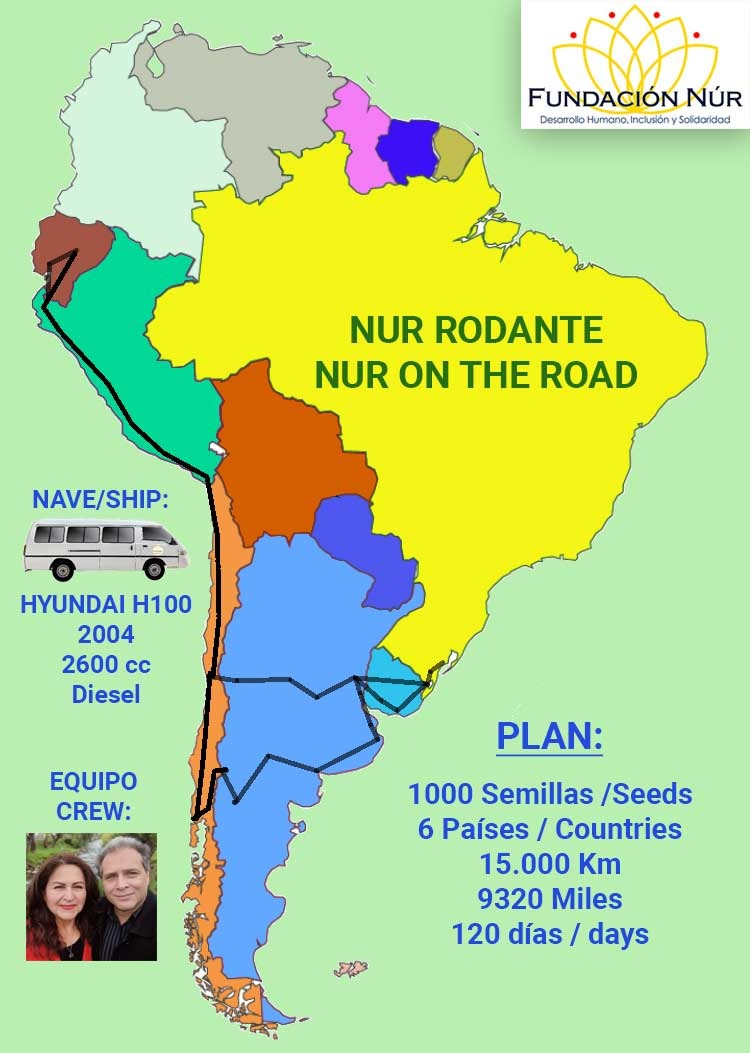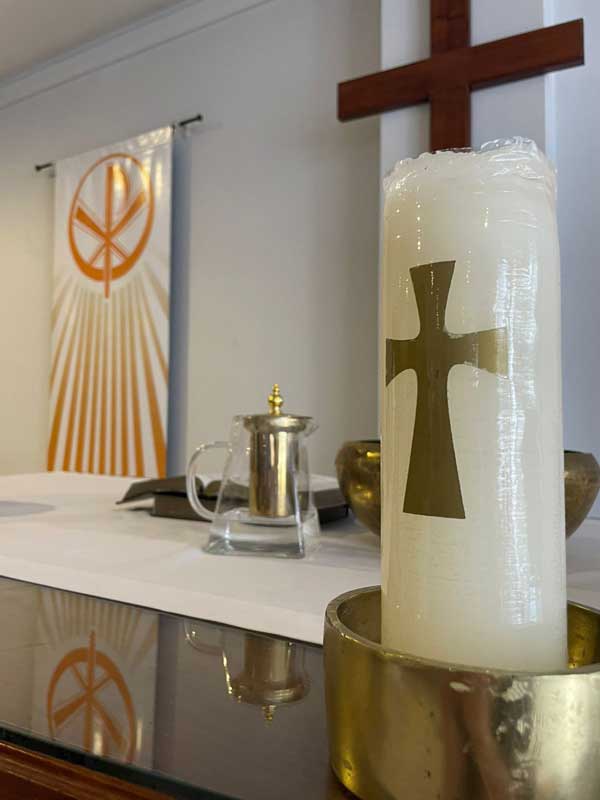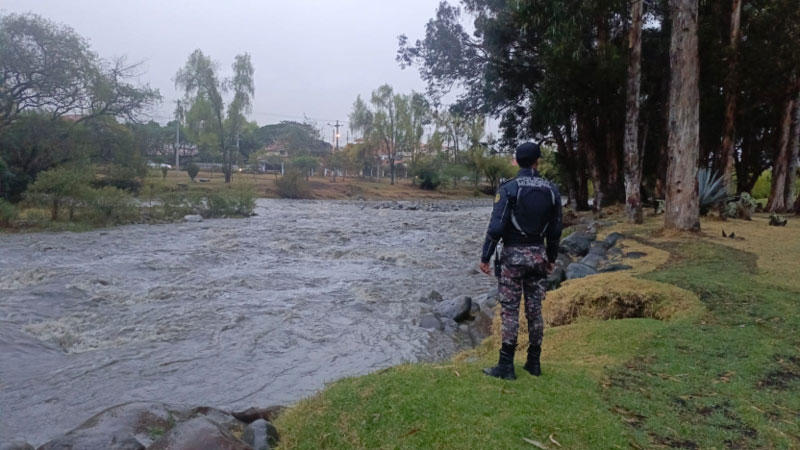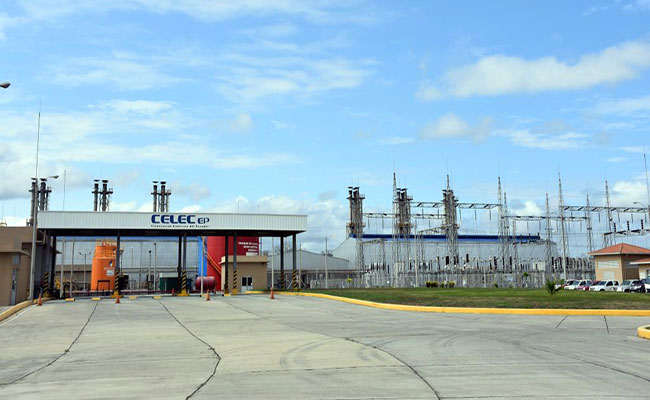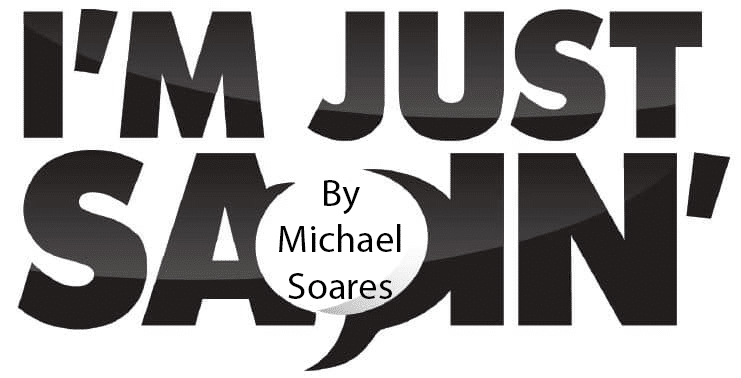Noboa issues new emergency decree for six coastal provinces; Risks of anti-government protests is downplayed; Police continue raids on illegal mines
President Daniel Noboa issued a new 60-day state of emergency decree for Guayas, Los Ríos, Manabí, Orellana, Santa Elena, El Oro Provinces Tuesday. Although the order is similar to the one rejected by the Constitutional Court last month, the government claims this one provides additional justification not included for the previous decree.
the government claims this one provides additional justification not included for the previous decree.
The new emergency also includes Camilo Ponce Enríquez canton in Azuay Province, located on the Guayas border. The community is a center of illegal mining and has experienced a rash of recent murders.
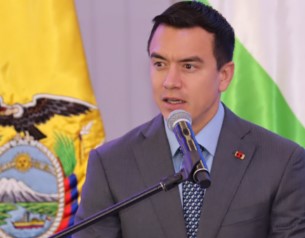
President Daniel Noboa
In a statement, the president’s office said the use of armed forces and the suspension of some civil rights are necessary due to ongoing “acts of terrorism” in the six coastal provinces. “While most of Ecuador is peaceful and free of violent terrorist activity, these six provinces continue to experience high levels of violence and disruption.”
The statement said the legal justification for the new emergency decree has been reviewed and approved by the World Association of Jurists and considers the Constitutional Court objections to the earlier decree.
Government downplays protest risk
Deputy Government Minister Esteban Torres said Tuesday he is not worried about Thursday’s protests against the elimination of gasoline subsidies. The United Workers’ Front, the National Union of Educators and several smaller social and labor organizations have announced anti-government rallies in major cities.
“I’m sure there will be sizeable crowds and that a few tires will be burned in the streets, but we expect the events to be peaceful,” Torres said Tuesday. “If the intension of these gatherings is to provoke a violent response from the government, it will be denied. We respect the constitutional right of protest and free speech.”
Last week, Torres said the government will not allow the blockage of major highways, as occurred during national strikes in 2019 and 2022. “We will not repeat the government errors that led to the disruption of travel and commerce in the country,” he said. “Blocking national roadways is a crime will be treated as such. If necessary, we will respond in the same manner that the Rafael Correa government did in 2015, arresting the lawbreakers and clearing the highways.”
Two of the organizers of the 2019 and 2022 strikes, the Confederation of Indigenous Nationalities of Ecuador (Conaie) and the National Transport Union, have declined to join Thursday’s protests.
Police and military continue raids on illegal mines
Joint police and military operations continue this week against illegal mining operations in Guayas, Azuay and Loja Provinces, the Attorney General’s office reports. “Work at these gold and silver mines is coordinated by criminal gangs, particularly the Los Lobos,” the AG office said. “The operations causes extensive environmental damage and are the scene of violence and murders due to rivalries between several gangs.”
New raids Monday followed up on last week’s operations in Tenguel parish of Guayas Province and in Ponce Enríquez canton of Azuay Province. According to the police command, both areas contain numerous illegal mines, all operated by criminal elements.






